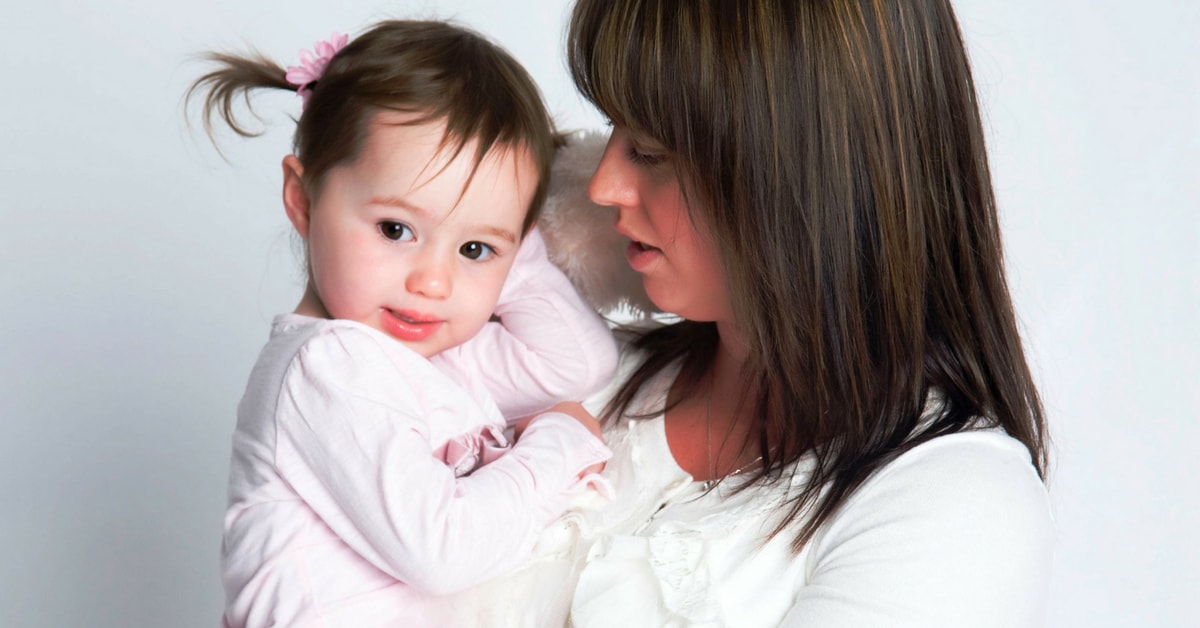
You may receive questions like this from a parent:
Why are the children just playing all the time here? Shouldn’t they be learning to read? Why aren’t you helping them get a head start for school?
Some educators may find that they feel immediately defensive when confronted with queries like this from families or that it’s hard to know what to say in the moment.
Why not talk about this at your next team meeting and think through some responses together. Here are some reflection pointers to get you started:
1. Think about the family’s perspective
What does the family’s motivation in asking this question?
What do they know about play-based learning?
What are their concerns for their child?
2. If you were to explain the benefits of play for children’s development in 3 sentences, what would they be?
3. If you were to provide families with some additional information about play and how it relates to your program, how would you do so?
4. Practice role playing responses to the questions above (or similar) and explaining why play is important in simple terms.
5. If a family asked for evidence that play is necessary for their child, where would you find it?
6. We found these quotes about play on Instagram, perhaps you've seen them too What do you think families would think about these quotes if they saw them? Are they helpful? Do they inform this discussion?

Instagram Source: playtherapyplay

Instagram Source: farmersdaughtertravels

Instagram Source: stonnington_toy_library
7. Belonging, Being & Becoming The Early Years Learning Framework for Australia definies Play-based learning as “a context for learning through which children organise and make sense of their social worlds, as they engage actively with people, objects and representations”. How would you define play-based learning in your own words?
8. Would it be helpful to talk to families about intentional teaching when discussing play? If so, what would you say?
9. Could any of these resources be helpful for families at your service? Why or why not?
10. How do you involve the families at your service in planning your program? How does this contribute to their understanding of play-based learning?